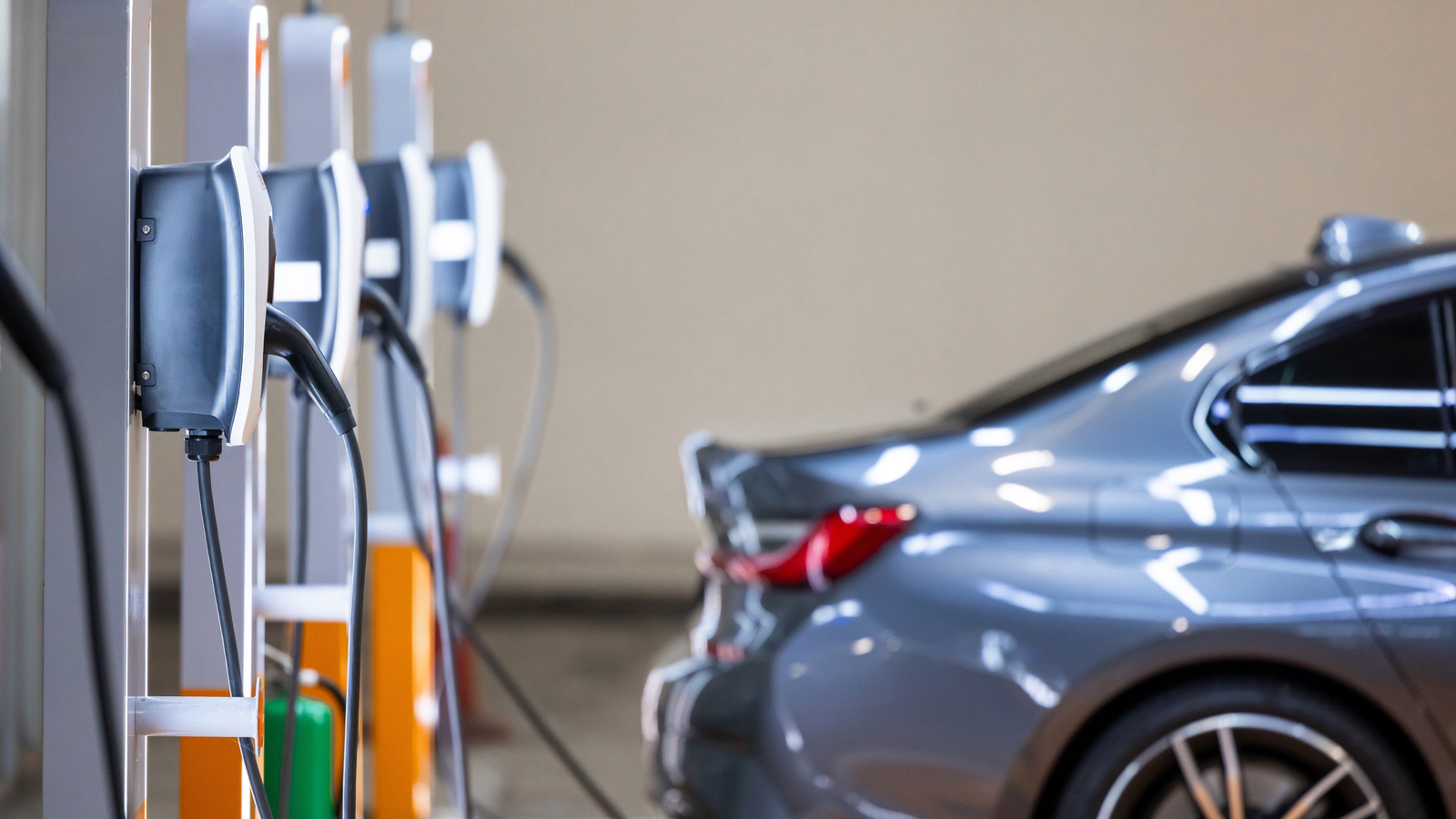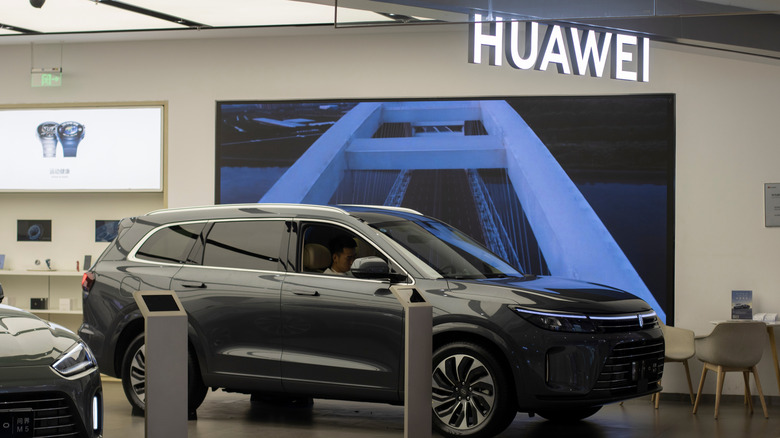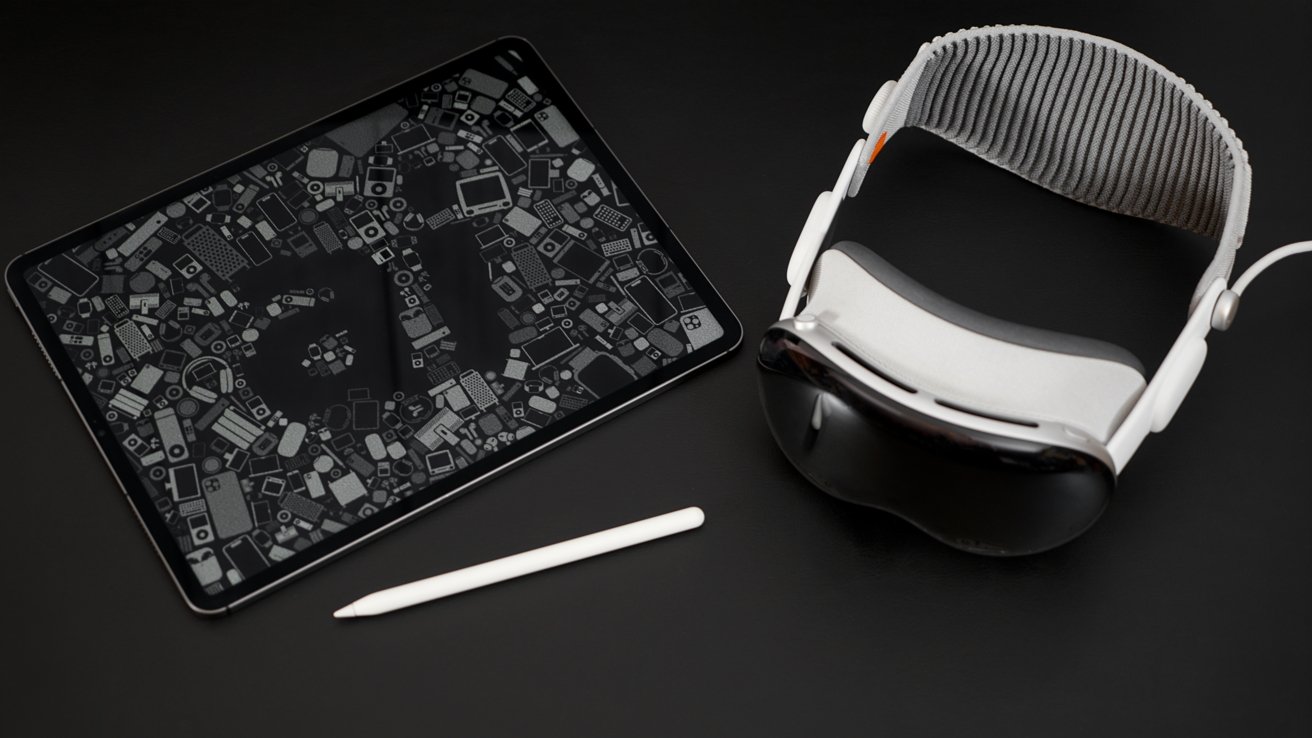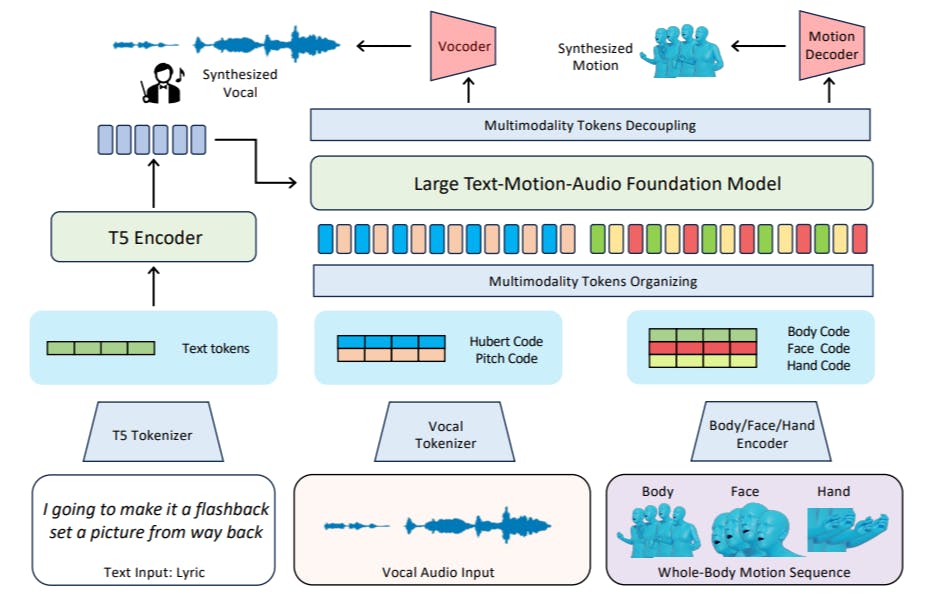Huawei is working on a new EV battery that could completely revolutionize the electric vehicle industry. For years, engineers and researchers have been looking for some way to drastically improve EV batteries and help eliminate concerns like range anxiety, which has kept many from adopting new EVs and ditching fossil fuel-powered vehicles.
While we’ve seem some impressive breakthroughs — like the battery design that will make EVs lighter — others have focused more on providing fast-charging capabilities, delivering up to 250 miles of range with a few moments of charging. Now, though, Huawei appears to be working on an absolutely mind-boggling battery that would allow for more than 1,800 miles of range after only five minutes on the charger.
If that type of breakthrough sounds too good to be true, it just might be. Despite seeming promising, many believe that this kind of technological breakthrough could still be years away, as it relies on an entirely new type of battery design called a solid-state battery.
A battery breakthrough that’s likely still years away
The downside to the work on this new solid-state battery, though, is that many doubt the battery’s short-term feasibility. That’s not only because delivering that kind of range and fast charging is a lot to expect from a single generation of battery developments — it’s also because solid-state battery tech is still very much in its infancy. While we’ve seen increased charging speeds on EV batteries in recent years, we have yet to really see anyone truly deliver on a charge that can fully refill a vehicle’s battery in minutes.
But that doesn’t change how promising this is. Additionally, reports from Battery Tech Network seem to suggest that this new battery tech is actually part of a patent that Huawei applied for back in 2023. So, it’s possible that the technology has been under development for the past year or two, and it could be making some progress.
The reason that Huawei is turning to solid-state batteries, though, is because they could offer a much higher density for energy storage than current battery designs do. That said, experts are confident that it will take years for these batteries to actually reach the market, just like lithium-ion did several years ago.









